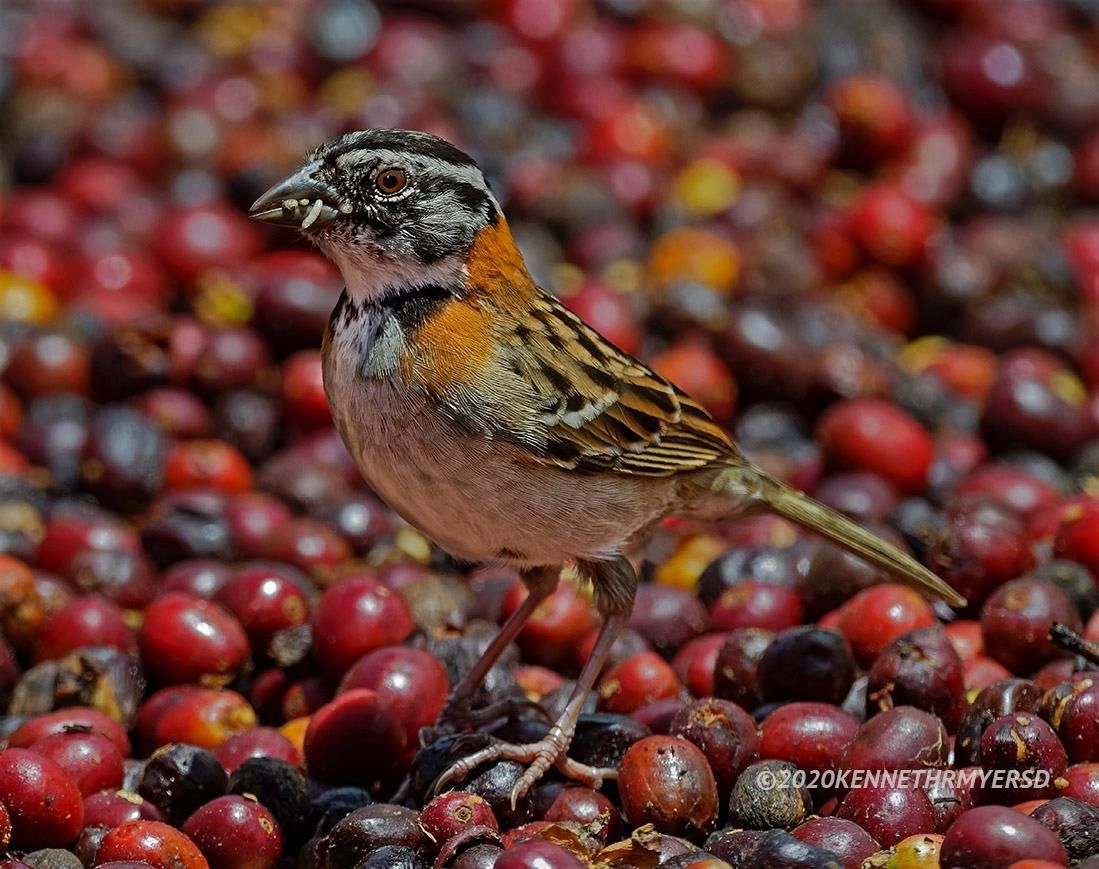The Power of One
By Dr. Charles Clarkson
In addition to performing scientific research across the Audubon Society of Rhode Island's refuge complex, a number of presentations will be given throughout the state on topics related to the conservation of our bird populations. We are excited to announce that the first talk will be given on November 21, 2021 from 1-2:30pm at the Audubon Nature Center and Aquarium located in Bristol.
The presentation will cover the idea of seed conservation. Essentially, as consumers living in the United States of America, the average citizen has a great deal of unrealized power when it comes to the ability of their consumption habits to have implications for the global economy. Globalization has created an economy where we often consume products that have traveled thousands of miles to reach us at great expense to both wildlife populations and the environment. Take a "typical" meal as an example. Your mahi-mahi fillet may have been imported from Ecuador (one of the main suppliers of this fish species to the U.S.). The side of asparagus very likely came from Peru. After dinner, your coffee was grown, bagged and exported from a Central/South American or African country...as was the chocolate used to make the cake to go with the coffee. Simply put: the majority of everything you consumed came from far-away places. If you didn't take the time to understand the sourcing of these products, you may have contributed to a significant amount of habitat loss and over-exploitation. And, if you and everyone else continues to consume in this manner, we may very likely be the drivers for many of the global issues that we are today trying so hard to mitigate.
The presentation on November 11 will arm you with the tools you need to be a more conscious consumer. From purchasing certified "Bird Friendly" coffee to sourcing sustainable seafood and more, you will be empowered to wield your purchasing power with an eye toward conservation. No one says you need to stop consuming these products altogether...you should just pay closer attention to how these items are being produced. So, why do I call this "seed conservation"? Although the talk is titled, "The Power of One", the hope is that individuals will take what they learn and not only apply it to their own lives, but will share these ideas with others in their social circles, thereby extending the reach of conservation and seeding change across our landscape.

Species like this Rufous-collared Sparrow in Panama (and throughout Central and South America) can profit from the production of coffee, provided it is harvested sustainably.

















